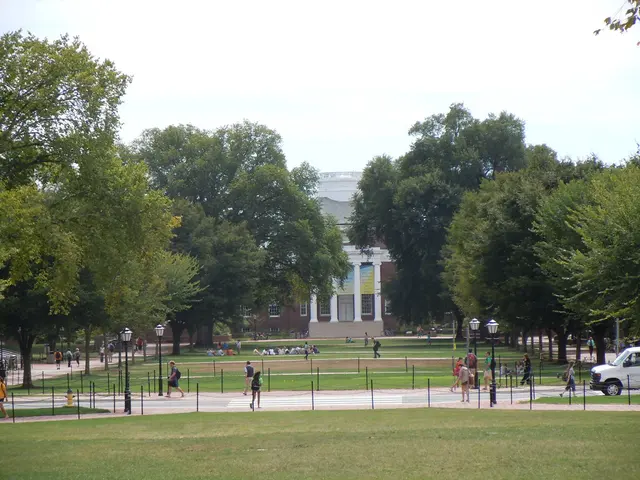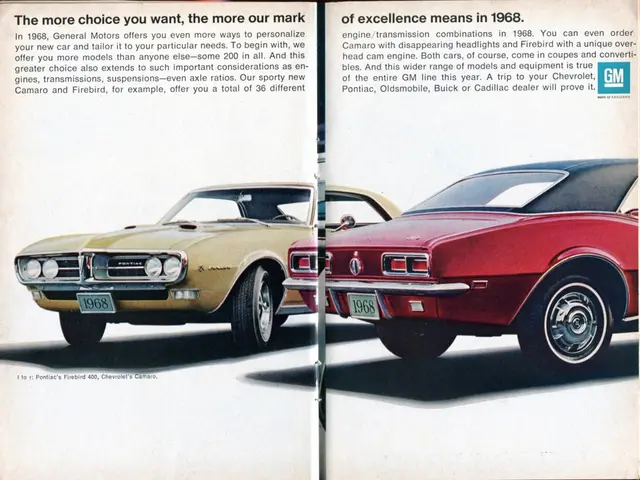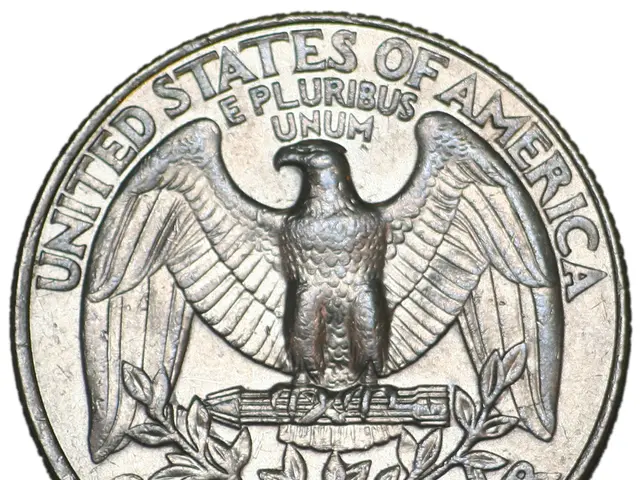Trump increases steel tariffs by a factor of two
United States President Donald Trump has announced plans to escalate the ongoing trade dispute with European countries by doubling steel tariffs from 25% to 50%. In a speech delivered at a steel plant in Pennsylvania, Trump stated that the increased tariffs would support the domestic steel industry.
According to the President, the current 25% tariffs on steel imports, imposed in his first term, have saved the steel plant in Pennsylvania and similar facilities from closure. The additional 25% will take effect on Wednesday, June 4.
The White House has confirmed that the new tariff rate will be implemented within the coming week. This decision comes amid ongoing legal proceedings regarding the legitimacy of many of the tariffs announced by the Trump administration. However, the import of steel products into the United States is not affected by these court battles.
In response to the tariff increase, European steel exporters may face reduced demand and potential financial difficulties in maintaining their market share in the United States. They may also seek to expand their markets within the European Union and other regions like Asia.
The increased tariffs could exacerbate global trade tensions, particularly if other countries retaliate with their own tariffs. The move could also lead to supply chain disruptions, increased costs, and delays in production for industries reliant on imported steel.
As tensions rise, the question of compliance with international trade agreements governed by the World Trade Organization (WTO) arises. The potential for further legal challenges and strained global trade relationships continues to loom on the horizon.
Negotiations between the United States and the European Union to avoid tariffs through new trade agreements are currently ongoing. Trump recently suspended threatened additional tariffs of 50% on EU imports until early July to provide more time for negotiations.
Sources: ntv.de, mau/dpa/AFP
- The escalation of steel tariffs by President Trump, from 25% to 50%, as part of the employment policy and community policy, could potentially impact the finance sector of the domestic steel industry.
- The increased trade tensions between the United States and European countries, due to the steel tariff war-and-conflicts, may lead to policy-and-legislation changes, reflecting the influence of politics in general-news.
- The European steel exporters, who face reduced demand and financial difficulties due to the tariff increase, could consider diversifying their business into other EU and Asian markets as a means of maintaining their market share in the policy-and-legislation sphere.




